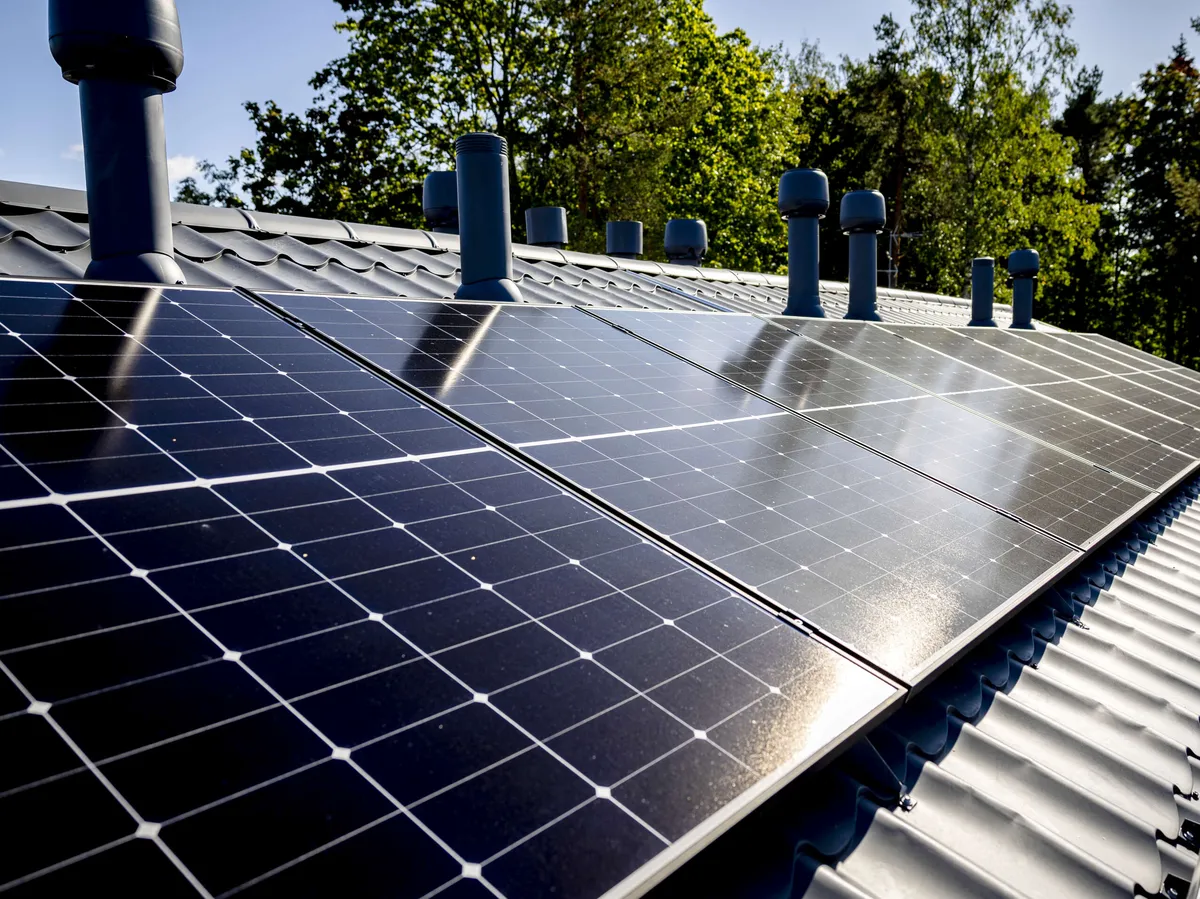The Bhadla Solar Park, located in the Thar Desert of Rajasthan, India, is a testament to the country’s commitment to harnessing renewable energy. Covering an area equivalent to 56 square kilometers or ten million football stadiums, the park serves as a symbol of India’s drive towards generating 450 gigawatts of renewable energy annually by 2030.
However, as with any technological advancement, the disposal of solar panels poses a significant waste management challenge. With millions of solar panels reaching their end-of-life, countries like India and those in Asia are expected to face a growing solar waste problem by the end of the decade. Globally, there are over 2.5 billion solar panels in operation, raising concerns about future recycling efforts.
The International Renewable Energy Agency (IRENA) predicts that solar waste could reach 78 million tons by 2050, highlighting the urgent need for effective recycling strategies to manage the materials used in solar panel production. Metals such as tellurium, silver, and indium are essential components of solar panels and could become scarce as demand for these resources increases with expanding solar power production worldwide.
Despite ambitious targets for solar power installations, many countries lack comprehensive policies for managing solar waste. In the United States, only a small fraction of solar waste is currently recycled, emphasizing the need for improved recycling practices. In Finland, rising solar power generation is expected to necessitate the establishment of recycling facilities in the coming years.
As we continue to shift towards cleaner forms of energy sources like solar power, it becomes increasingly important to address this environmental issue head-on. European Union regulations require manufacturers to take responsibility for recycling solar waste but implementation and enforcement vary between countries. Initiatives like deposit systems can incentivize individuals to recycle old panels and offer potential solutions for improving global solar waste management practices.
In conclusion, Bhadla Solar Park represents India’s commitment towards generating clean energy while also highlighting challenges associated with disposal and recycling of its components. Addressing this issue through policy changes and innovative solutions will be crucial in achieving sustainable growth in renewable energy sources worldwide.
